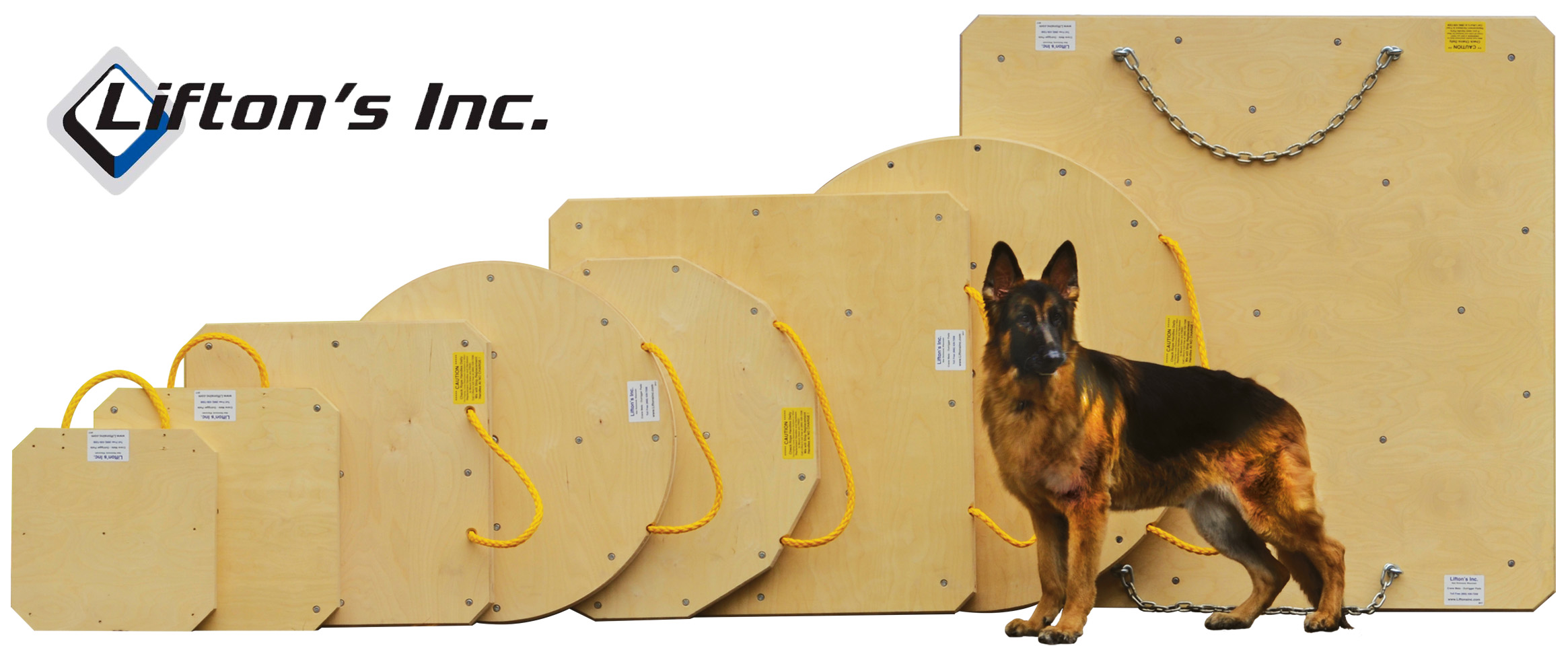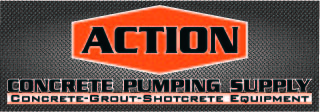| Seed | 10-20-2007 | comment profile send pm notify |
|
If this industry could lobby the Banks that finance all the concrete and the insurance companies that insure the concrete placing crews. Could we increases the volume of concrete pumped? For example, if the banks knew that when a contractor wets up the mix so they can row it around a foundation that they just lost money would it make a difference? The bank just paid for a 3000 psi mix at a 5.5 in slump. When it is placed at a 10 in slump how much strength did they loose. How much money did they loose? If they wanted a 1000 psi mix they probably would have bought one? To show the insurance companies that is is more safe to place concrete than to row the concrete. Which in turn lowers their risk for an injury would it make a difference? Could we make it so concrete almost never hits the ground without going through a pump! |
||
| Many | 10-20-2007 | reply profile send pm notify |
|
Seed,sorry but that is really reaching out there.Take home builders,the $$$ is what dictates.An example,a large home bldr went to a friend who is a foundation contractor.They told him he had to cut costs,another wall contractor would do at 34% less.Well ya know the rest of the story,ironically the cheap guy did there work and went belly up oweing tons.Wonder who has to pay off the liens?.It's all $$$ |
||
| Slavedattler | 10-20-2007 | reply profile send pm notify |
|
We have placer issues here also, one does it for $0.24 ft flat. The next for $0.50. One stamps for $1.00 the next for $6.00 The investor can walk on it, and does not know the diff. If there was structural failure they would core then chase a company that changed its name and was not liable. Years in court then buddy moves his family to a state province out of the legal area. We just have to warn the contractor as best we can. Most of our houses carry a 10 year warranty with only engineered foundations now, to try and solve most of these issues. Heck one of the buyers had flood issues?? The contractor took the drain tile back out after inspection for the build he had going next door. No one took responsability the builder is no longer there. |
||
| Many | 10-20-2007 | reply profile send pm notify |
|
I guess that was one of my thoughts.Take wall guys,most do not vibrate.Summer time panels are so hot you could fry egges in a heartbeat.The only possible way may be spec mud to allow for this.High range water reducer,added powder.It's like the issue of fall protection on higher walls,won't happen. |
||
| Slavedattler | 10-20-2007 | reply profile send pm notify |
|
The long and short of it is we beef up our mixes to cover, our buts. |
||
| Many | 10-20-2007 | reply profile send pm notify |
|
SD,well I'm pretty much out of pumping but do 4' walls,flatwork,landscaping.I use mixes on my work that are to commercial standards.When still running a pump it's his mud.If he wanted to empty the water tank into it,oh well.I am not quality control.Yes it is sad but operators really can't dictate to the contractor what mixes or how wet he pours.Recomendations are great but the bottom line is he pays the bill. |
||
| Slavedattler | 10-20-2007 | reply profile send pm notify |
|
Exactly, but as a ready mix and pump comany, atleast in my market commercial mix is more to the code and residential is more forgiving. We just pile the powder to our resy mixes as the abuse comes from resy more than commercial. Commercial has testers and samples taken. |
||




















.jpg)
.gif)

.jpg)









.jpg)








